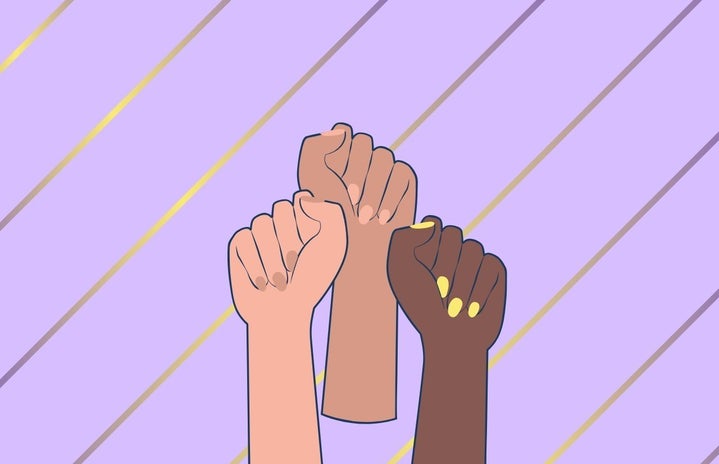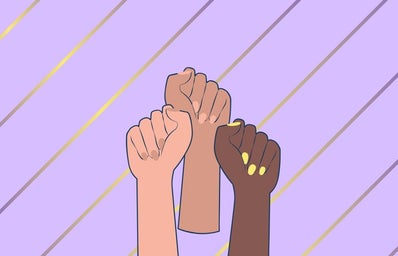While women have worked hard throughout the years, a lot of people don’t really know what feminism is. While its definitions vary when it comes to different contexts such as historical, political, and racial; in the dictionary, feminism is defined as the belief in the equality of the genders on a social, economic, and political basis. Throughout my childhood, I was taught by my mom and my dad that women could do the same things as men. That we, as human beings, deserved the same rights and held the same skills. And, that no matter what others still said about women, I had as equal chances as my brothers to achieve greatness. Developing this mentality that I learned from my parents was possible because of the women who fought for our rights in the ‘70s. Women who changed mentality and identity; who weren’t afraid to alter their whole lives for the rights of all women.
Years after receiving the right to vote in 1920, women were not seeing many changes in how they were treated. In the ‘70s, they still didn’t have as many opportunities as men when it came to finding jobs, getting accepted into colleges, wages , and access to childcare . This meant their only option was to stay at home doing unpaid housework and childcare, and serving their husbands. The women that did manage to go to college and get a job found that even the way they dressed in these situations was being policed. Independent Lens tells us that women in the workplace were forced to dress feminine to enforce an otherness. If they didn’t dress according to the rules enforced upon them, they could get sent home or even fired. An article by CNN explains that all of this was what attracted women from different backgrounds to join the movementー they were all on the same boat.
This led to the strike held on August 26th, 1970, 50 years after getting the right to vote. Its sole purpose was to deal with “unfinished business” in regards to equality. Unfortunately, not all women agreed with the things feminists fought for, which led to conservative women, like Phyllis Schlafly, rallying against them. They treated feminism as a threat that they had to defeat. But no matter the rocks in their path, feminists managed to make strides for the future of women.
Duringthe ‘70s, women like Gloria Steinem, co-founder of Ms. magazine; Susan Brownmiller, author and activist for women’s rights; and Kate Millett, author of Sexual Politics, became the faces of the feminist movement. They, along with the National Organization for Women (NOW) and countless others, fought to make the Equal Rights Amendment (ERA), which states that equality of rights shall not be denied on account of sex, pass into the U.S. Constitution. Other amazing things accomplished in the decade according to ThoughtsCo., are the first Women’s Studies department in San Diego State University, lesbian rights being recognized as a feminism concern, Reed v. Reed declaring sex discrimination a violation of the 14th amendment, and NOW establishing a task force on Battered Women. However, even with all of these changes, nowadays, women still have problems on the basis of their gender.
In the last couple of years, women have managed to get powerful decision-making positions. However, getting those positions doesn’t mean they’ll have a feminist mindset and work towards the rights of women. Let’s take as an example our former governor, Wanda Vázquez Garced, who, in her time as Women’s Advocate, as Secretary of Justice, or as governor didn’t really try to move forward the work towards the rights of women or even try to help women in any way. That’s why it’s our job, as feminists, to continue the work women in the 70’s started, to educate about and fight for our rights.
We owe a lot of our progress to women in the ‘70s, but that doesn’t mean we shouldn’t continue changing the world for a more equal space. When it comes to women’s rights, we’ve made a lot of progress. However, there are still tons of things that we can do.


